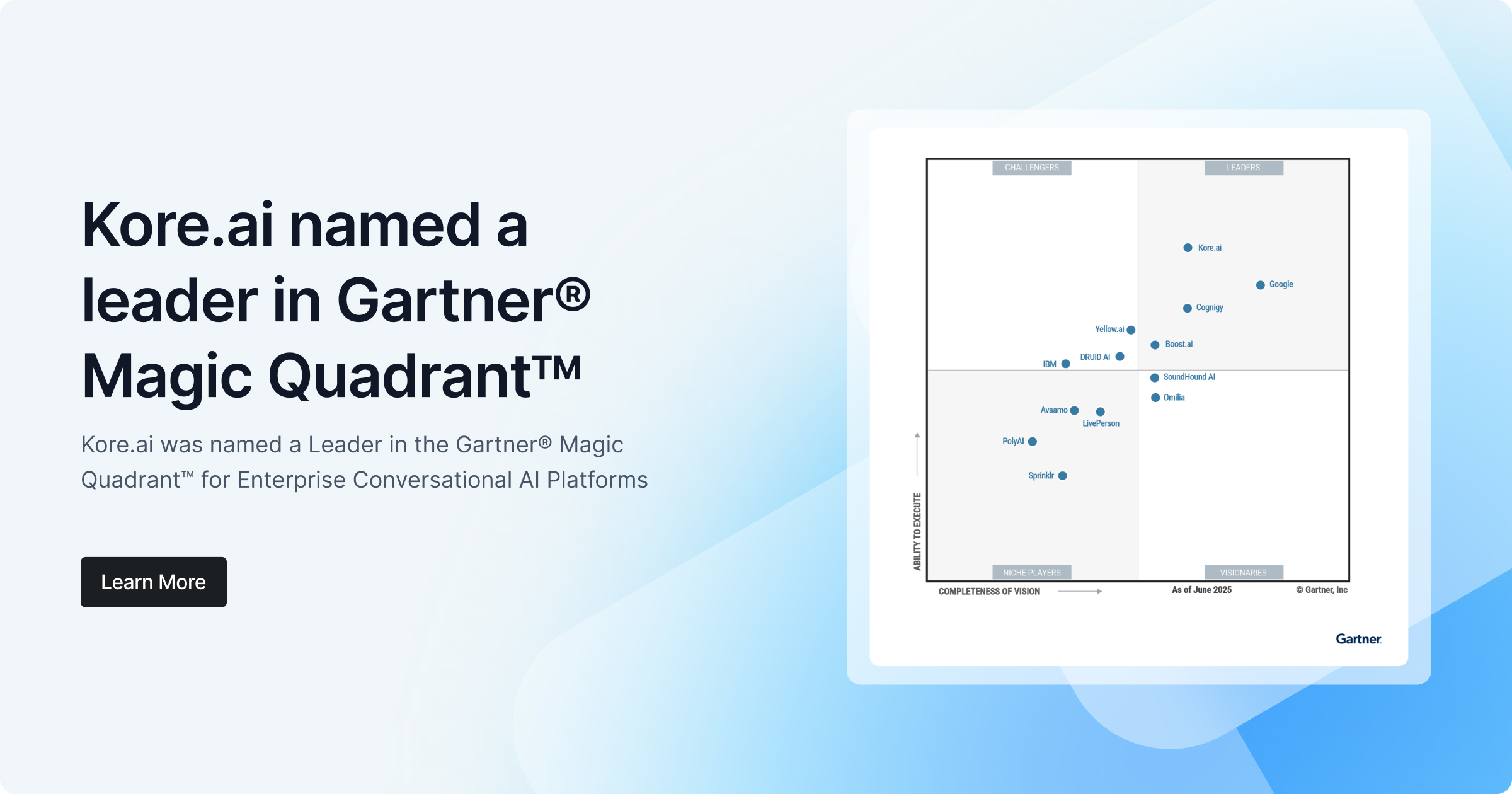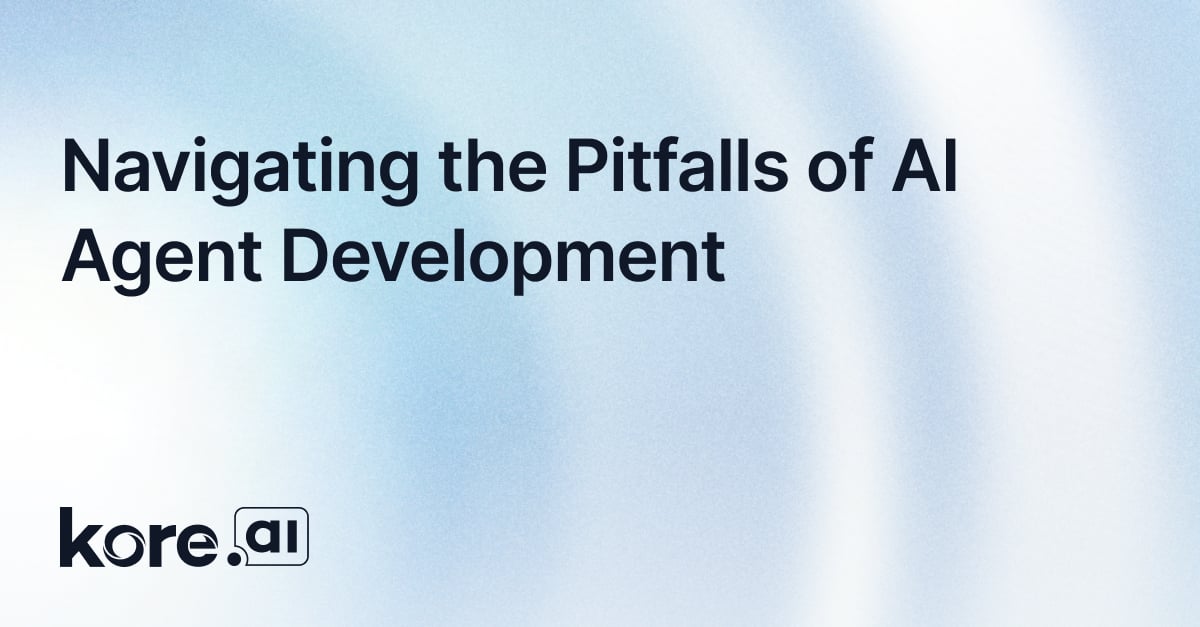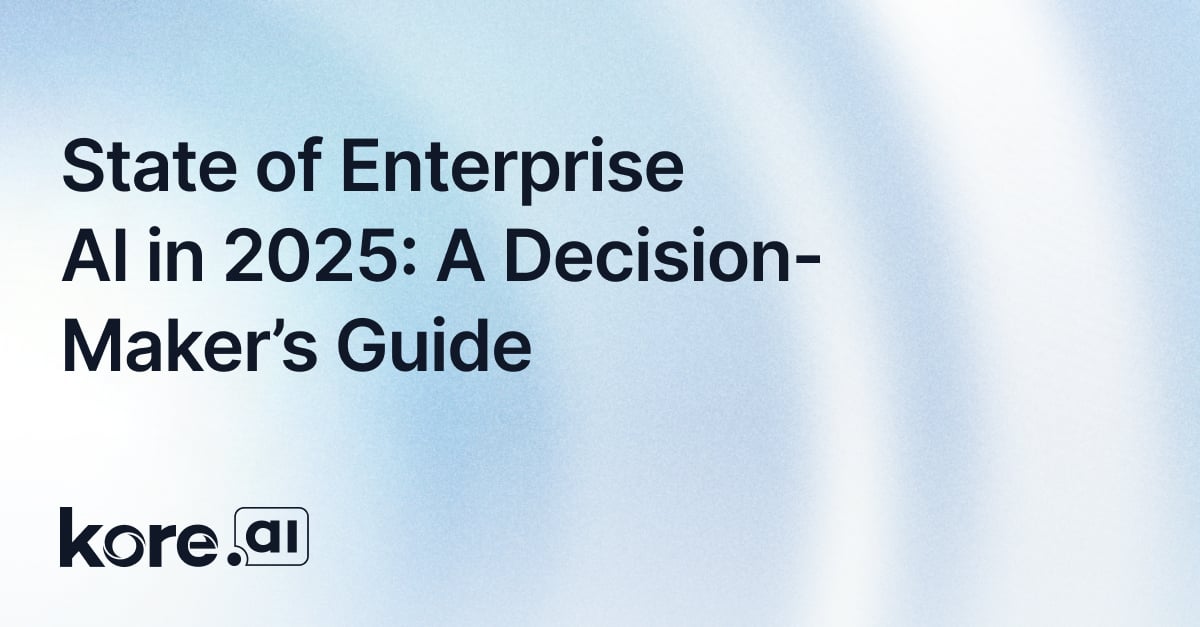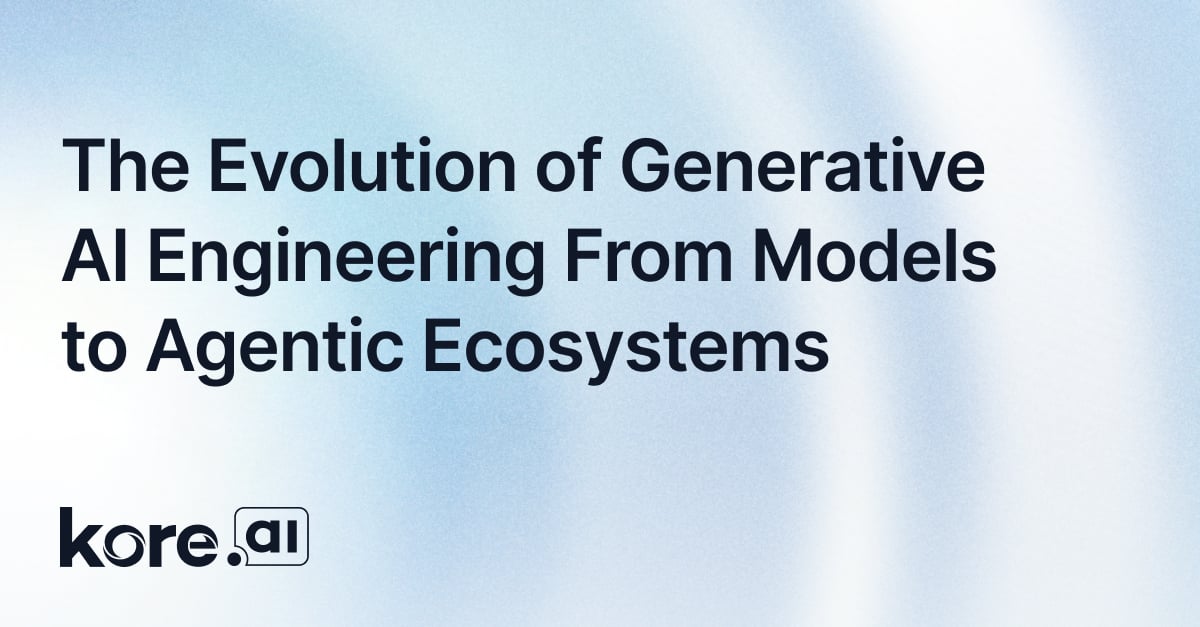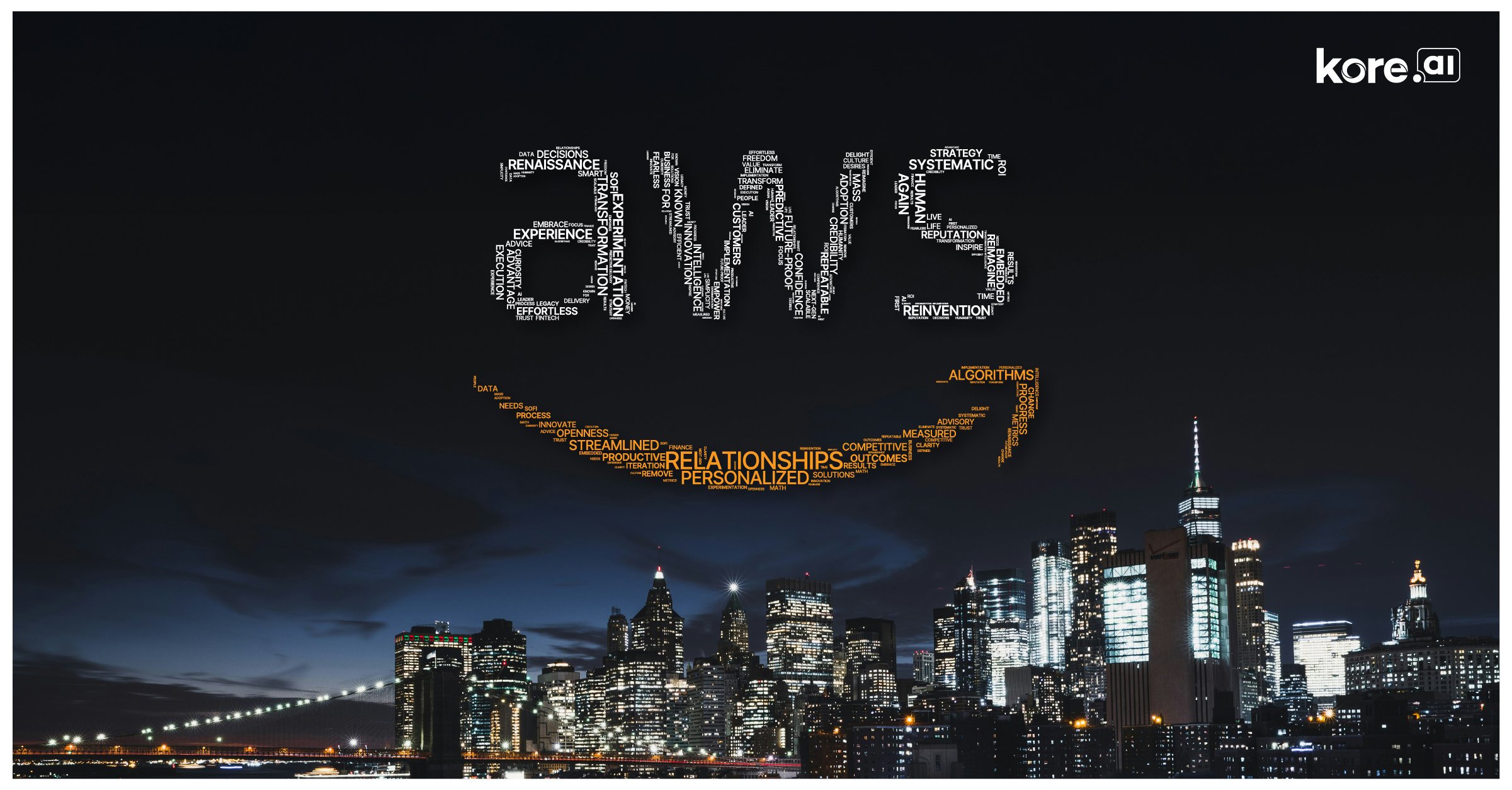With so many AI tools available, how do you choose the right one? Do you go with OpenAI’s ChatGPT, known for its conversational abilities? Or a platform like Kore.ai, built to automate workflows and scale AI with your business?
Both are powerful, but serve different purposes. ChatGPT is great for content creation and answering basic queries. Kore.ai is designed for more complex tasks and answering queries firmly grounded in your company knowledge. If your main challenge is handling customer or employee interactions—particularly repetitive tasks and search inquiries— you’ll want to know the pros and cons. In this article, we’ll explore what each tool does best.
ChatGPT: Ideal for Content Creation and Basic Queries
ChatGPT is best known for its ability to generate content and use logic to answer simple queries. It excels at:
- Creative Writing: Blog posts, emails, or social media updates.
- Answering Questions: Providing quick responses to basic questions or information.
- File-Based Tasks: Summarizing or extracting insights from uploaded documents.
While ChatGPT is flexible and versatile, custom GPT builds with actions are necessary for each use case. BBVA is one client that improved its employee creativity and knowledge-base access by building almost 3000 custom GPTs.
Kore.ai: A Platform for Workflow Automation and Scalability
Kore.ai is a conversational and generative AI platform that goes beyond fundamental interactions. It’s designed to handle more complex business needs, without the need for custom GPTs. Kore.ai ties with existing, external data environments to improve:
- Workflow Automation: Streamlining processes from customer service to HR tasks, capturing leads, scheduling appointments, and more.
- System Integration: Connecting directly with your CRM, ERP, and other business tools to pull and use real-time data.
- Omnichannel Support: Managing interactions across channels like chat, email, voice, and social media, all from one platform.
Because it’s weaved into your existing systems, Kore.ai provides consistently reliable and accurate responses to your customers or employees–reducing the risk of hallucinations.
A quick demo by our VP of PLG, Param Vora, will show you how OpenAI is prone to hallucinate versus an integrated platform like Kore.ai.
Understanding the Pros and Cons of Each Tool
ChatGPT and Kore.ai have valuable use cases, but they’re suited to different types of tasks.
ChatGPT Pros:
- Content creation
- Basic queries
- Ease of use
- Flexibility
ChatGPT Cons:
- Limited system integration
- Hallucinations
- No workflow automation
- Scalability issues
Kore.ai Pros:
- Workflow automation
- Ease of use
- Scalability
- Accuracy
Kore.ai Cons:
- Advanced features can require a learning curve
- Resource-intensive platform compared to lightweight AI tools
Use Case Comparison: Automating Customer Support
Imagine a customer reaching out to ask about their order status:
- With ChatGPT, you could set up a custom model to answer basic questions about order status. However, ChatGPT would only respond based on the information you provide, and it wouldn’t be able to access live data from your CRM without additional development.
- Kore.ai could directly integrate with your CRM, retrieve the latest order information, and provide a consistent, real-time response across various communication channels like chat, email, or voice.
Finding the Right Fit for Your Business
Ultimately, the choice between ChatGPT and Kore.ai depends on the needs of your business. If you’re looking for a tool that can help with content creation and basic queries, ChatGPT is a strong choice. It’s flexible and easy to use for text-based tasks.
However, if your business needs more than just simple interactions—like automating workflows, pulling real-time data, and managing multi-channel customer experiences—then Kore.ai is the more comprehensive platform. It’s designed to scale with your business and integrate AI into your operations, making it an ideal solution for growing businesses taking on more by the day.

